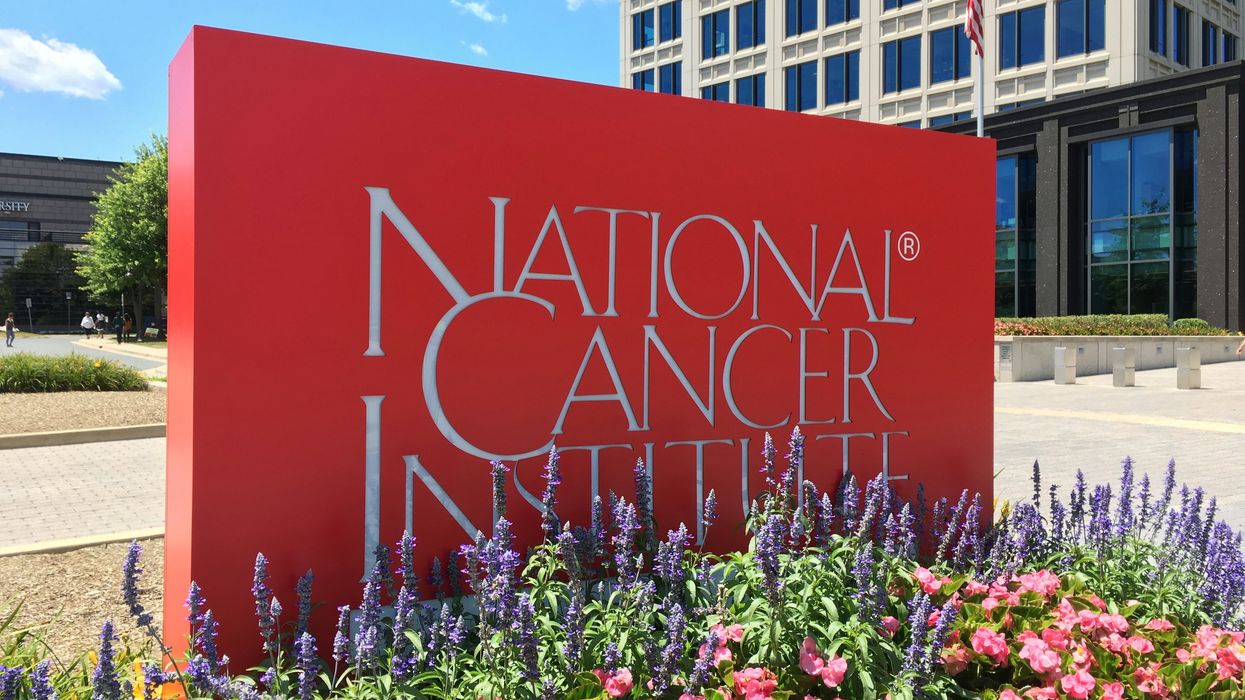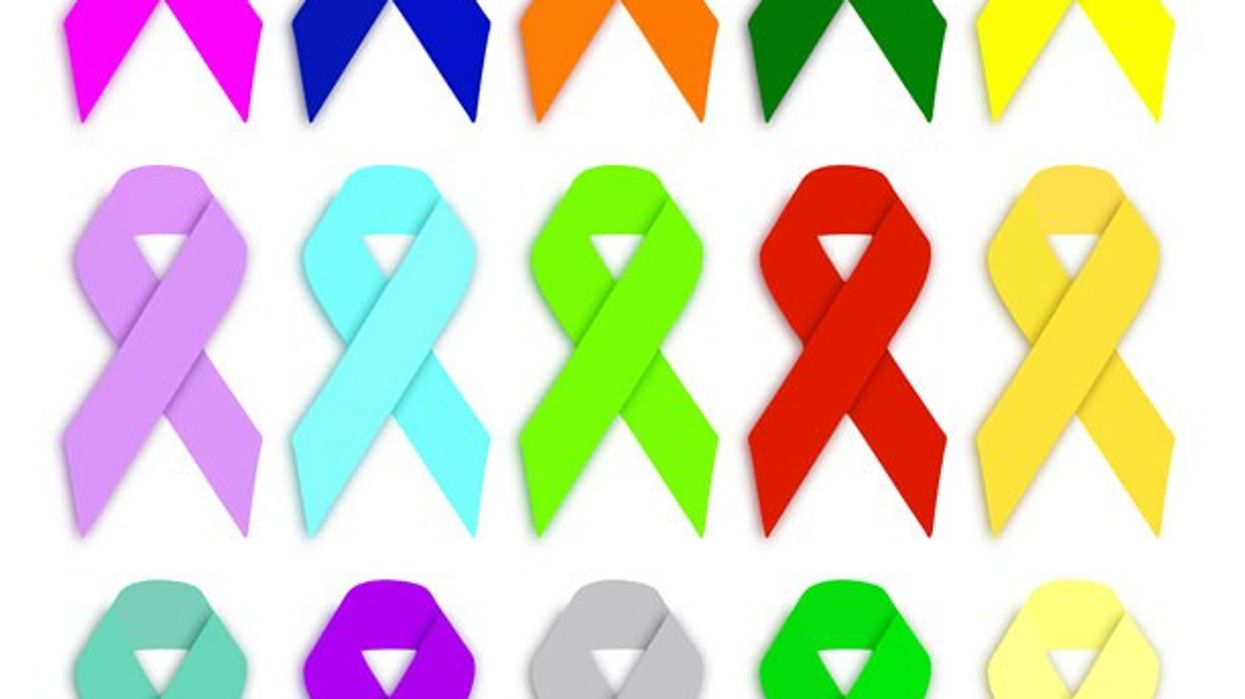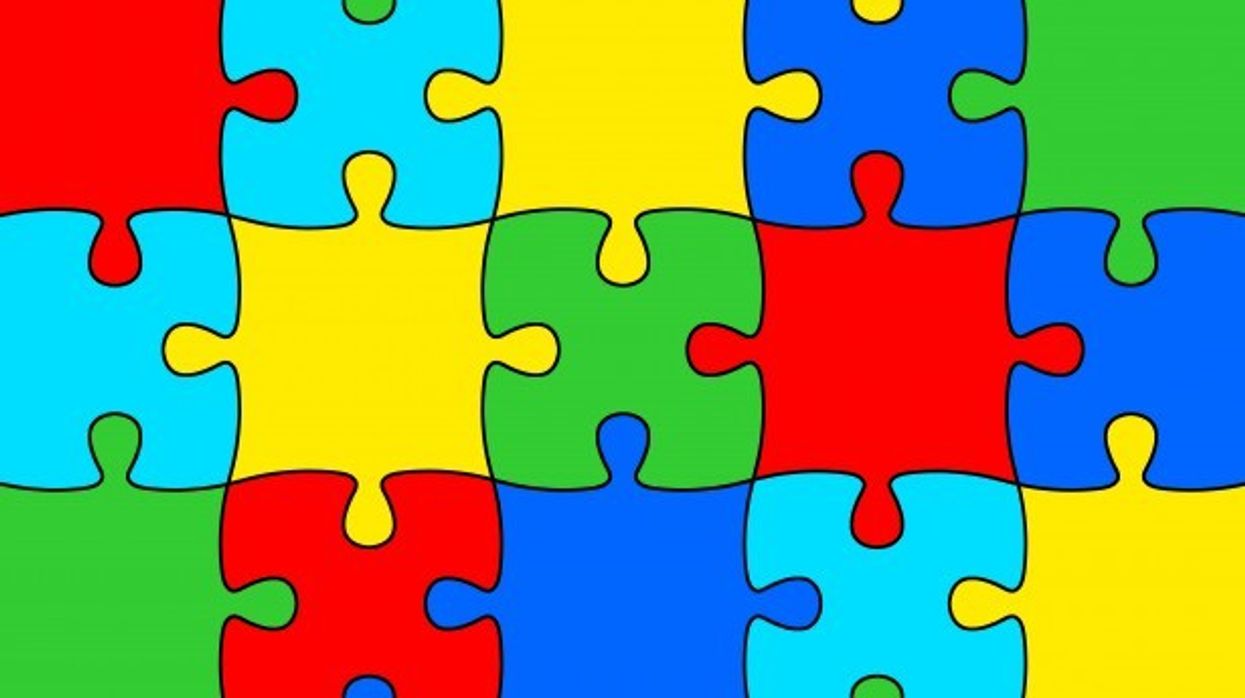Meal planning is a powerful tool for maintaining a healthy lifestyle. It involves deciding in advance what to eat for meals and snacks, and it can significantly impact overall health, time management, and even financial well-being. Here, we explore why meal planning is essential and how it can benefit various aspects of life.
1. Nutritional Balance
One of the primary benefits of meal planning is ensuring nutritional balance. When meals are planned ahead, it’s easier to incorporate a variety of food groups and nutrients into your diet. According to the Academy of Nutrition and Dietetics, planning meals helps individuals make healthier food choices, ensuring they consume adequate amounts of fruits, vegetables, whole grains, lean proteins, and healthy fats . This balanced approach helps prevent nutritional deficiencies and supports overall health.
2. Weight Management
Meal planning is also a key strategy for weight management. A study published in the International Journal of Behavioral Nutrition and Physical Activity found that individuals who plan their meals are less likely to be overweight or obese . By planning meals, portion sizes can be controlled, and the temptation to opt for unhealthy, high-calorie convenience foods is reduced. This proactive approach helps in maintaining a healthy weight and preventing obesity-related health issues.
3. Time and Stress Management
In today’s busy world, time and stress management are crucial. Meal planning saves time and reduces stress by eliminating the daily decision-making process of what to eat. The American Heart Association suggests that meal planning helps streamline grocery shopping and meal preparation, making it easier to stick to a healthy diet even with a hectic schedule . Preparing meals in advance or in batches can also free up time for other important activities.
4. Financial Savings
Planning meals can lead to significant financial savings. By creating a shopping list based on a planned menu, it’s easier to avoid impulse purchases and reduce food waste. According to a report by the Natural Resources Defense Council, Americans throw away about 25% of the food and beverages they buy . Meal planning helps in buying only what is needed, thereby reducing waste and saving money on groceries.
5. Improved Eating Habits
Meal planning encourages healthier eating habits by making it easier to avoid unhealthy food choices. When meals and snacks are planned, there’s less reliance on fast food or processed snacks, which are often high in unhealthy fats, sugars, and sodium. Research published in the Journal of Nutrition Education and Behavior indicates that meal planning is associated with healthier food choices and better dietary quality . This leads to improved health outcomes and a lower risk of chronic diseases.
6. Better Family Meals
For families, meal planning ensures that everyone eats together more frequently, fostering better family bonds and healthier eating habits. The Family Dinner Project highlights that regular family meals are associated with better nutrition, improved academic performance in children, and lower rates of obesity . Meal planning makes it easier to coordinate and prepare meals that the whole family can enjoy together.
Conclusion
Meal planning is a simple yet effective strategy to enhance nutritional balance, manage weight, save time and money, and promote healthier eating habits. By incorporating meal planning into your routine, you can achieve a healthier lifestyle and enjoy the numerous benefits it brings. Whether you’re an individual aiming for better health or a family seeking quality time together, meal planning is a valuable practice worth adopting.
References
- Academy of Nutrition and Dietetics. (2021). The Benefits of Meal Planning. Retrieved from EatRight.org.
- International Journal of Behavioral Nutrition and Physical Activity. (2017). The association between meal planning and diet quality and weight status. Retrieved from IJBNPA.com.
- American Heart Association. (2020). Meal Planning. Retrieved from Heart.org.
- Natural Resources Defense Council. (2012). Wasted: How America Is Losing Up to 40 Percent of Its Food from Farm to Fork to Landfill. Retrieved from NRDC.org.
- Journal of Nutrition Education and Behavior. (2018). Meal Planning and Health. Retrieved from JNEB.org.
- The Family Dinner Project. (2021). The Benefits of Family Dinners. Retrieved from TheFamilyDinnerProject.org.



















